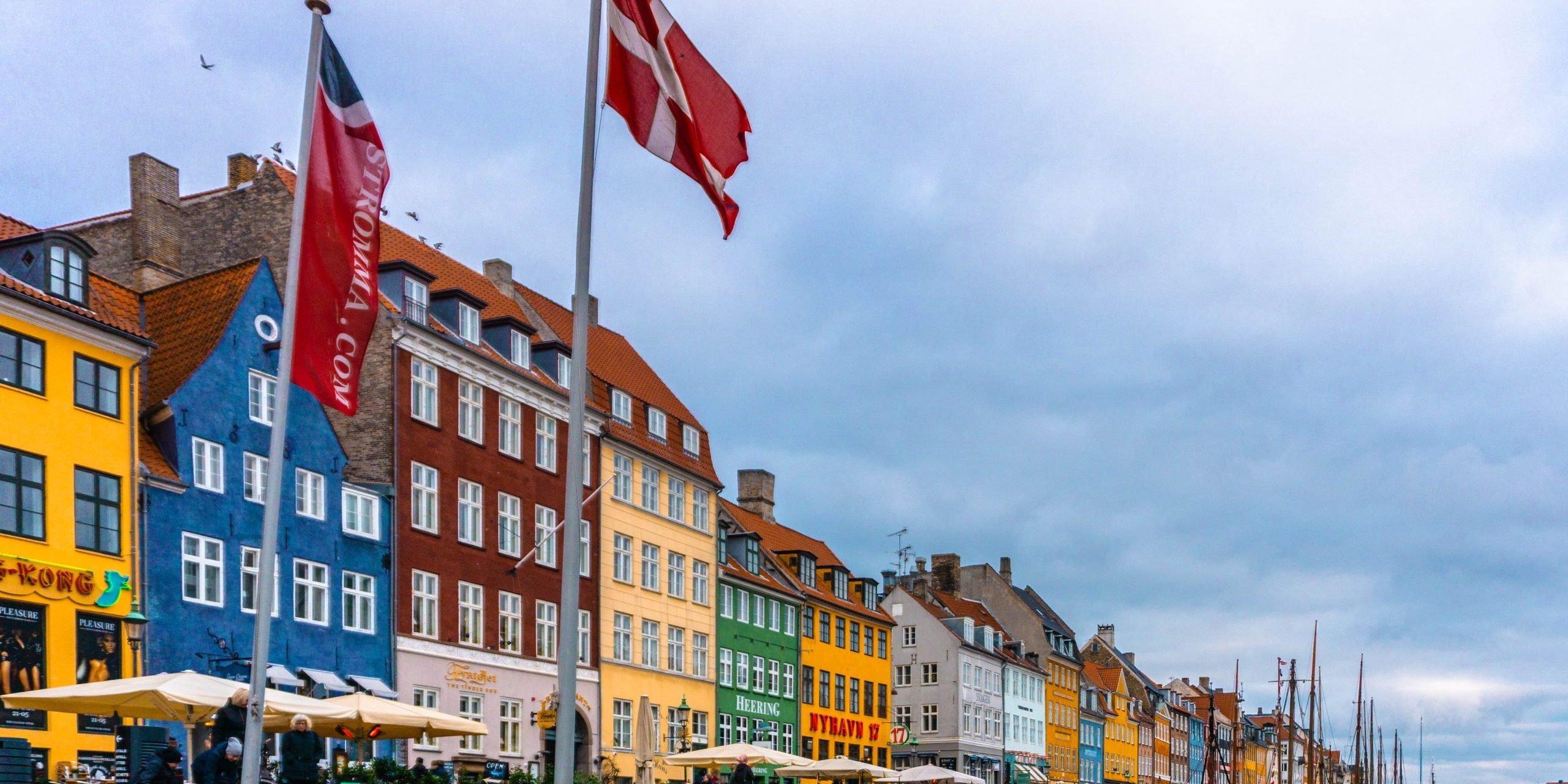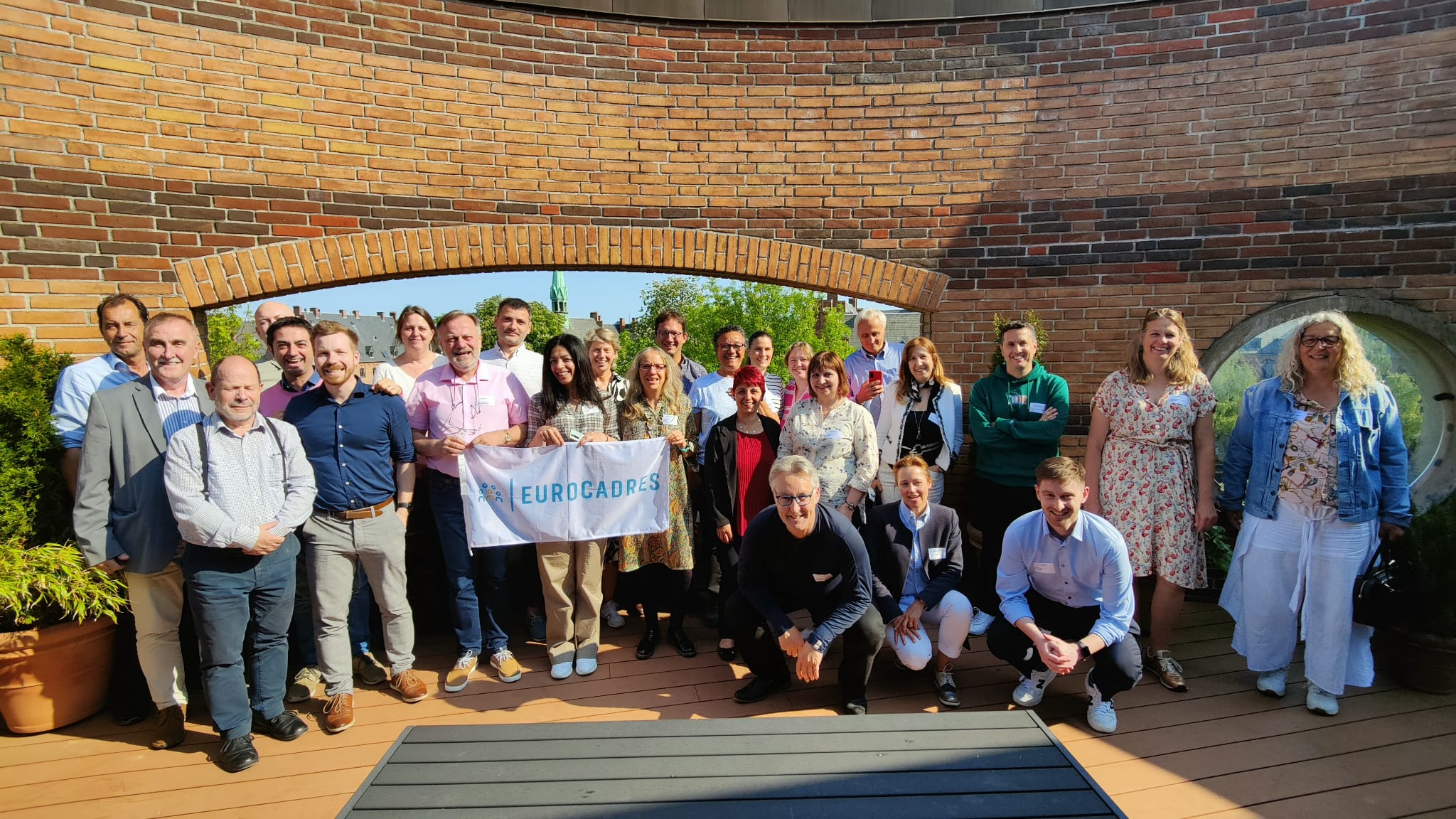
A call to Copenhagen
Focus placed on labour inspectors during latest event.

In the latest workshop within our Flexibility at Work project, we headed to Copenhagen after our first two instalments took place in Brussels and Barcelona. In the spotlight for this event were labour inspectors, who joined trade unionists from several Member States to create a capacity crowd of 30 participants.
Sharing experiences over two days in the Danish sun, the prevention and detection of risks related to flexible working arrangements were our primary focus, as we asked how labour inspectorates and trade unions can cooperate to mitigate these risks. With an array of working practices throughout Member States, the experiences of labour inspectors are often overlooked by policymakers. Central to the success of this event was voicing the experiences of these crucial figures, and questioning how they perceive and interact with trade unionists, who also strive to deliver safe workplaces. Given the changes to the world of work, including improved flexibility for employees, inspectorates responsibilities and current practises have evolved, and must continue to do so to maintain pace with digitalisation.
Hosted and organised by expert Nina Hedegaard Nielsen of Akademikerne, the workshop outlined how risks related to flexible working arrangements, such as psychosocial risks, are often not properly addressed at company level. In some countries there is a low uptake of risk assessments, a lack of definitions and methodologies to address these risks, and no legal framework to address these and other issues in a comprehensive manner.

An issue that has been raised in many countries is the lack of resources (both in staffing and funding) that labour inspectorates are provided to address complex issues such as psychosocial risks. Given the rise in precarious work, and in vulnerable working groups such as atypical labourers, these issues continue to come to the fore for all those who contributed to our discussions.
Despite common EU legislation, the national landscape and cooperation between trade unions and labour inspectorates varies greatly from country to country, with a patchwork of practices clear to see. Nonetheless, the inspectorates and unions have developed many best practices and innovative approaches to tackle the raising complexity of the issues, such as digital tools.
With labour inspectors rarely given a voice to highlight their concerns, we are optimistic that this will only be the first of many events where Eurocadres, other unions and inspectorates address our common goals. Labor inspectors are rarely, if ever, consulted on EU legislation, making it difficult in some situations to evaluate the impact of their efforts. Eurocadres will make sure to continue working with labour inspectors in amending future EU texts to include their observations.
As the project ramps up to its conclusion in Porto this November, this network of crucial figures for workers will continue to be active with Eurocadres.
As ever we thank all participants for their excellent input to this successful event.
